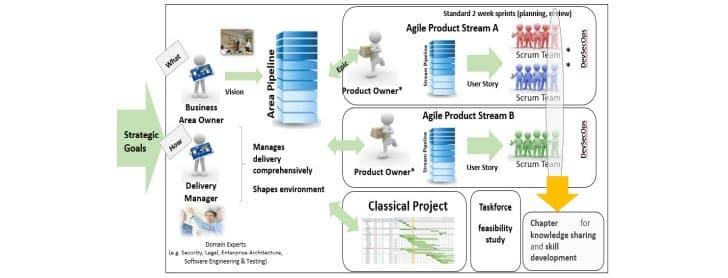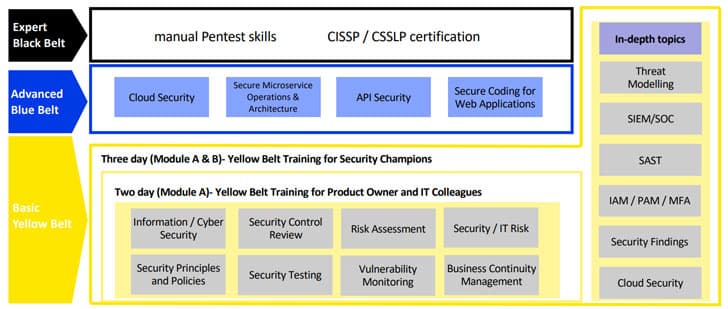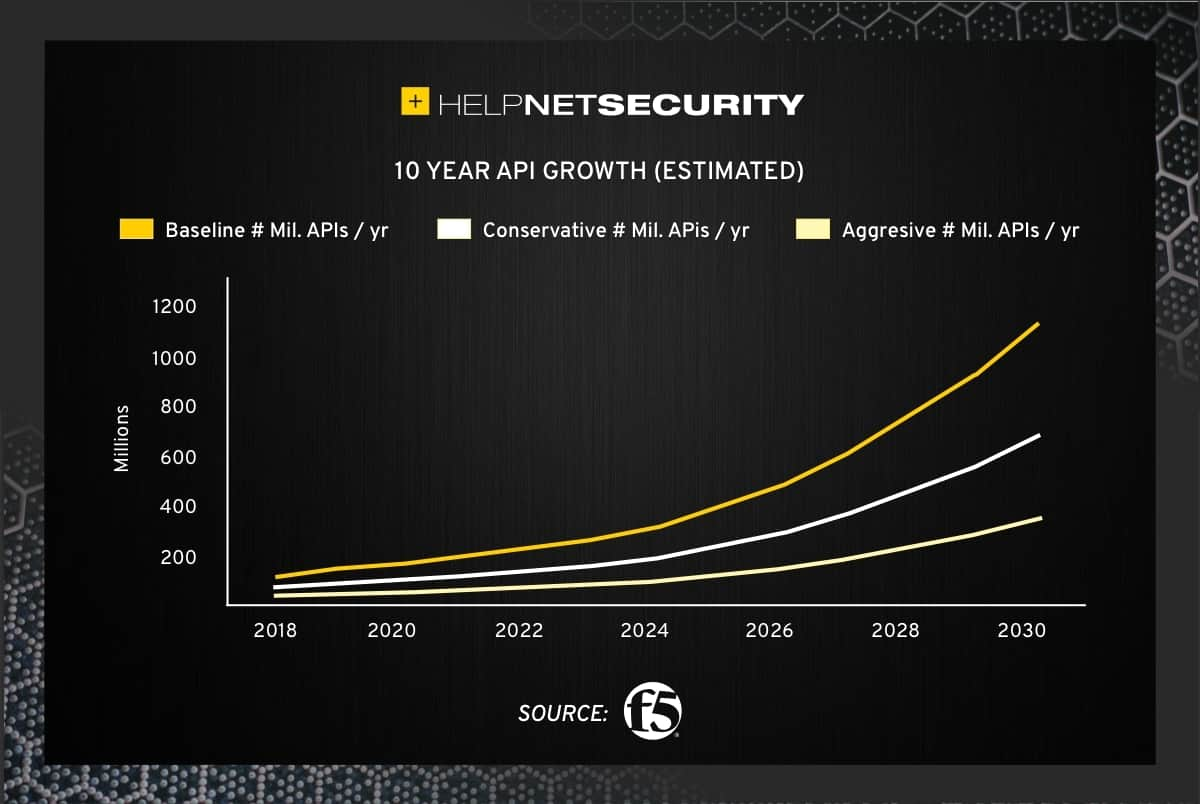APIsecurity.io - APISecurity.io Newsletter: Issue 159
|
|||||||||||||||||||||||||||||||||||||||||||||||||||||||||||||||||||||||||||||||||||||||||||||||||||||||||||||||||||||||||||||||||||||||||||||||||||||||||||||||||||||||||||||||||||||||||||||||||||||||||||||||||||||||||||||||||||||||||||||||||||||||||||||||||||||||||||||||||||||||||||||||||||||
Older messages
APISecurity.io Newsletter: Issue 158
Thursday, November 4, 2021
Hi, this week, we have news on a breach affecting 400 000 users of a popular German school app, and another vulnerability in a popular WordPress plugin. APIsecurity.io The Latest API Security News,
APISecurity.io Newsletter: Issue 157
Thursday, October 28, 2021
Hi, this week, we have details of a potential vulnerability in existing Prometheus installations, a tool to map their API attack surface APIsecurity.io The Latest API Security News, Vulnerabilities and
APISecurity.io Newsletter: Issue 156
Thursday, October 21, 2021
Hi, this week we have a report from Alissa Knight on Fast Healthcare Interoperability and Resources APIs being vulnerable to abuse APIsecurity.io The Latest API Security News, Vulnerabilities and Best
APISecurity.io Newsletter: Issue 155
Thursday, October 14, 2021
Hi, this week, we have a vulnerability in the BrewDog mobile app exposing users' PII, Cisco has announced the arrival of their APIClarity APIsecurity.io The Latest API Security News,
APISecurity.io Newsletter: Issue 154
Thursday, October 7, 2021
Hi, this week, we have a viewpoint on what security officers can do to address API security. There's also a report from IBM. APIsecurity.io The Latest API Security News, Vulnerabilities and Best
You Might Also Like
Charted | Global Economic Confidence in 2025, by Country 🌎
Wednesday, December 25, 2024
While emerging markets in Asia have the strongest confidence in the global economy looking ahead, European countries are most pessimistic. View Online | Subscribe | Download Our App FEATURED STORY
Top Tech Deals 🎅 Sony Headphones, iPhone Cases, 4K Projector, and More!
Wednesday, December 25, 2024
The season of giving is upon us. How-To Geek Logo December 25, 2024 Top Tech Deals: Sony Headphones, iPhone Cases, 4K Projector, and More! The season of giving is upon us. Happy Holidays! If you're
Why the Race to AGI is Humanitys Defining Moment
Wednesday, December 25, 2024
Top Tech Content sent at Noon! Boost Your Article on HackerNoon for $159.99! Read this email in your browser How are you, @newsletterest1? 🪐 What's happening in tech today, December 25, 2024? The
Iran's Charming Kitten Deploys BellaCPP: A New C++ Variant of BellaCiao Malware
Wednesday, December 25, 2024
THN Daily Updates Newsletter cover The Data Science Handbook, 2nd Edition ($60.00 Value) FREE for a Limited Time Practical, accessible guide to becoming a data scientist, updated to include the latest
Software Testing Weekly - Issue 251
Wednesday, December 25, 2024
GitHub Copilot is free! 🤖 View on the Web Archives ISSUE 251 December 25th 2024 COMMENT Welcome to the 251st issue! In case you missed it — GitHub Copilot is free! The free version works with Visual
Daily Coding Problem: Problem #1647 [Medium]
Tuesday, December 24, 2024
Daily Coding Problem Good morning! Here's your coding interview problem for today. This problem was asked by Square. In front of you is a row of N coins, with values v 1 , v 1 , ..., v n . You are
Sentiment Analysis, Topological Sort, Web Security, and More
Tuesday, December 24, 2024
Exploring Modern Sentiment Analysis Approaches in Python #661 – DECEMBER 24, 2024 VIEW IN BROWSER The PyCoder's Weekly Logo Exploring Modern Sentiment Analysis Approaches in Python What are the
🤫 Do Not Disturb Mode Is My Secret to Sanity — 8 Gadgets I Want To See Nintendo Make
Tuesday, December 24, 2024
Also: The Best Christmas Movies to Watch on Netflix, and More! How-To Geek Logo December 24, 2024 Did You Know Their association with the Christmas season might make you think poinsettias hail from a
😱 AzureEdge.net DNS Retiring Jan. 2025, 🚀 Microsoft Phi-4 AI Outperforms, 🔒 Microsoft Secure Future Initiative
Tuesday, December 24, 2024
Blog | Advertise | View Online Your trusted source for Cloud, AI and DevOps guidance with industry expert Chris Pietschmann! Phi-4: Microsoft's New Small Language Model Outperforms Giants in AI
Mapped | The Top Health Insurance Companies by State 🏥
Tuesday, December 24, 2024
In 13 US states, a single company dominates the health insurance market, holding at least half of the total market share. View Online | Subscribe | Download Our App Presented by: Global X ETFs Power




